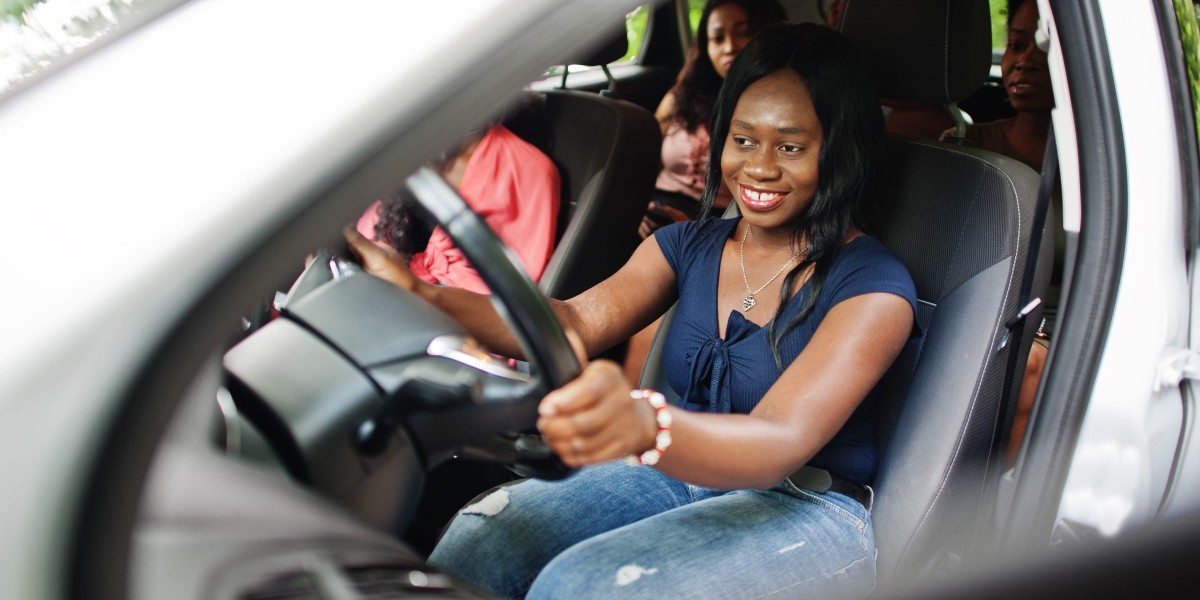Understanding Driving License Requirements: A Comprehensive Guide
Driving is an advantage that features substantial duties. To guarantee road security and keep legal compliance, acquiring a driving license is a compulsory step for anyone who wants to run a car. The procedure of obtaining a driving license differs from nation to nation and even within various states or areas. This post intends to offer a detailed guide to the driving license requirements, assisting readers browse the process with ease.

General Requirements for Obtaining a Driving License
Age Requirements
- Minimum Age: The minimum age to apply for a learner's authorization or provisional license differs by jurisdiction. In the United States, for instance, the minimum age is usually 15 or 16, while in the United Kingdom, it is 17.
- Complete License: The age at which a complete, unrestricted license can be obtained also varies. In the U.S., it is usually 16 or 18, depending on the state, while in the U.K., it is 17.
Residency and Citizenship
- Residency: Most jurisdictions require candidates to be citizens of the state or nation where they are obtaining a license.
- Citizenship: While citizenship is not constantly needed, applicants must offer valid recognition and evidence of legal presence in the country.
Vision Test
- Eye Examination: Applicants need to pass a vision test to ensure they have the needed visual acuity to drive securely. This test is typically conducted at the Department of Motor Vehicles (DMV) or a similar company.
Written Test
- Understanding Test: This test assesses the applicant's understanding of traffic laws, roadway indications, and safe driving practices. Research study products, such as a motorist's handbook, are usually provided to assist get ready for the test.
Driving Test
- Dry run: After passing the composed test, applicants should pass a useful driving test. This test assesses the applicant's capability to run an automobile securely and follow traffic laws. The test generally includes a variety of driving situations, such as turning, parking, and Kupno prawa jazdy bez egzaminu navigating through traffic.
Chauffeur's Education
- Mandatory Courses: In some jurisdictions, conclusion of a driver's education course is needed, particularly for more youthful motorists. These courses cover subjects such as traffic laws, safe driving methods, and the effects of negligent behavior.
Special Licenses and Endorsements
Commercial Driver's License (CDL)
- Purpose: A CDL is needed for people who operate commercial lorries, such as trucks or buses. The requirements for a CDL are more stringent and include extra screening and medical accreditations.
- Classes: CDLs are divided into three classes (A, B, and C), each with its own set of requirements and restrictions.
Motorbike License
- Function: A motorcycle license is required to run a motorcycle. The process normally includes a written test and a useful test specific to motorcycle operation.
- Safety Gear: Many jurisdictions need bike riders to wear helmets and other protective equipment.
Hazardous Materials Endorsement (HAZMAT)
- Purpose: This recommendation is required for chauffeurs who carry hazardous materials. It involves extra background checks and training.
- Evaluating: Applicants should pass a composed test and a background check performed by the Transportation Security Administration (TSA).
International Driving Permits
- Function: An International Driving Permit (IDP) is a document that translates the information on a driver's license into numerous languages. It is helpful for driving in foreign countries where the chauffeur's license is not acknowledged.
- Requirements: To acquire an IDP, applicants must have a legitimate driver's license from their home nation and fulfill any extra requirements set by the providing authority.
Often Asked Questions (FAQs)
Q: Can I drive with a student's permit?
- A: Yes, however you must be accompanied by a certified driver who is at least 21 years of ages and seated in the front guest seat.
Q: How long is a student's license legitimate?
- A: The validity period varies by jurisdiction, however it is generally in between 6 months and 2 years.
Q: Can I utilize my motorist's license from one state in another state?
- A: Generally, a driver's license stands in all states, however you must get a new license if you relocate to a new state.
Q: What takes place if I stop working the driving test?
- A: You can typically retake the test after a waiting period, which differs by jurisdiction. Some locations use a free retake, while others may require a cost.
Q: Can I get a chauffeur's license if I have a rap sheet?
- A: It depends on the nature of the criminal record and the jurisdiction. Some offenses might disqualify you from acquiring a license, while others might require additional steps or a waiting period.
Q: How frequently do I need to renew my motorist's license?

- A: The renewal period varies by jurisdiction, but it is generally every 4 to 8 years. Some states offer the alternative to restore for longer periods.
Obtaining a driving license is a crucial step in becoming an accountable and safe chauffeur. By comprehending the requirements and following the needed steps, people can ensure they are legally and sufficiently prepared to operate a vehicle. Whether you are a brand-new chauffeur or a seasoned one, remaining notified about the newest policies and requirements is essential for maintaining your driving opportunities and adding to roadway security.
By sticking to these guidelines and preparing completely, chauffeurs can delight in the freedom and convenience of driving while making sure the safety of themselves and others on the road.














